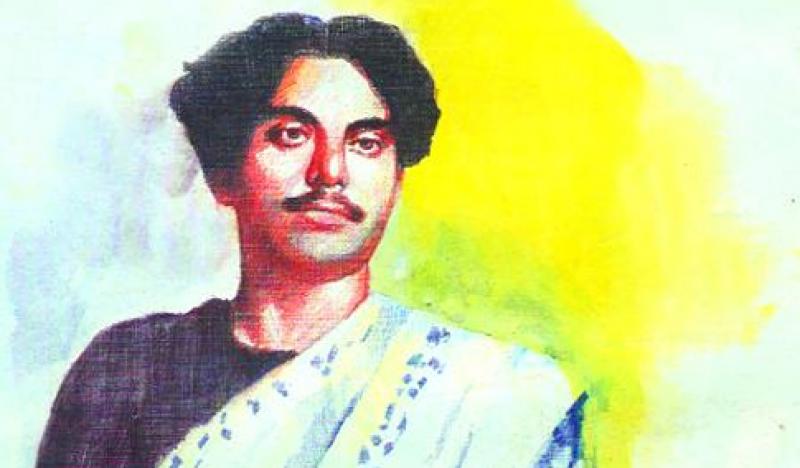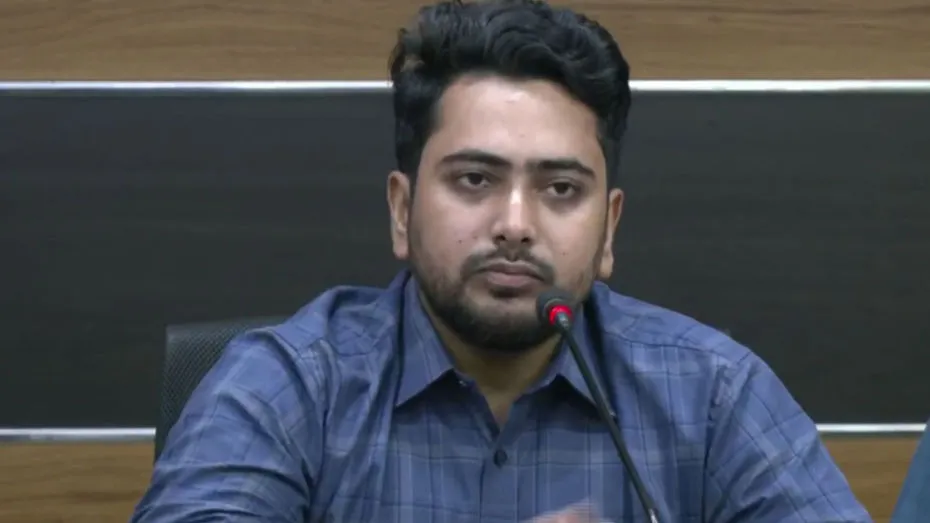kazi nazrul islam life history

kazi nazrul islam life history
kazi nazrul islam life history :
basically kazi nazrul islam life history Often referred to as the “Rebel Poet”
of Bengal, Kazi Nazrul Islam was a revolutionary writer,
musician, and activist whose works were absolutely vital in motivating social and political movements on the Indian subcontinent. Together with his progressive beliefs, his creative talents ranked him among the most powerful personalities in Bengali literature and culture.
Early Years and Challenges
- Born in Churulia in Bengal’s Bardhaman district (now West Bengal, India), on May 25, 1899, Kazi Nazrul Islam was While his mother, Zaheda Khatun, was housewife, his father, Kazi Fakir Ahmed, was a mosque caretaker and religious instructor. Poverty dogged his early years, particularly following the death of his father when Nazrul was only nine years old.
- He worked several jobs, including muezzin—one who calls to prayer—at a nearby mosque to help his family. But his insatiable curiosity brought him to a nearby university where he developed a strong passion in poetry and literature. Later, he worked with a touring theater troupe where he discovered Persian and Arabic literature, therefore influencing his writing approach.
Military Profession and Early Writings
- Nazrul was deployed in Karachi after joining the British Indian Army in 1917 during World War I Acting as a havildar (sergeant), he was exposed to many cultures and beliefs which expanded his perspective. Reflecting ideas of rebellion, justice, and anti-colonialism, he began penning poems and short stories during this period.
- He left the army in 1920 and lived in Calcutta (Kolkata) where he gave his whole attention to writing and campaigning. Published in 1921, his debut book, Bandhan-hara (Freedom from Bondage), and his poem Bidrohi (The Rebel), set him out as a bold voice against tyranny. Particularly *Bidrohi developed his fierce attitude and became the anthem of opposition.
Political Activism and Detention
- Deeply engaged in the fight for India’s independence, Nazrul wrote extensively opposing British colonial control. Radical pieces advocating freedom and social justice found publication in his daily, Dhumketu (The Comet). His open personality led to his detention in 1923 and almost a year of incarceration, during which he kept writing, creating potent pieces like Rajbandir Jabanbandi (The Deposition of a Political Prisoner).
Contributions Literary and Musical
- Among the many subjects Nazrul explored were equality, spirituality, and love. Pioneer of Nazrul Sangeet, a type of Bengali music combining modern, traditional, and classical elements, he was Often reflecting Hindu-Muslim cooperation, his songs and poems promoted peace in a society split.
- Among his well-known compositions are: Agni Bina (The Fiery Lute); Dolonsokha; Sanchita; Bishish Bashi, The Poisoned Flute.
Later Years and Illness
- Nazrul was diagnosed in 1942 with an enigmatic neurological condition subsequently found to be Pick’s disease, which progressively deprived him of speaking and writing abilities. His health declined, and he lived quiet late in life. Death occurred in Dhaka on August 29, 1976.
Legacy
The impact of Kazi Nazrul Islam goes well beyond books. Generations of people have been inspired by his rebellious attitude, support of equality, and great musical talents. In Bengali society, his works still represent a symbol of humanism, independence, and resistance.



